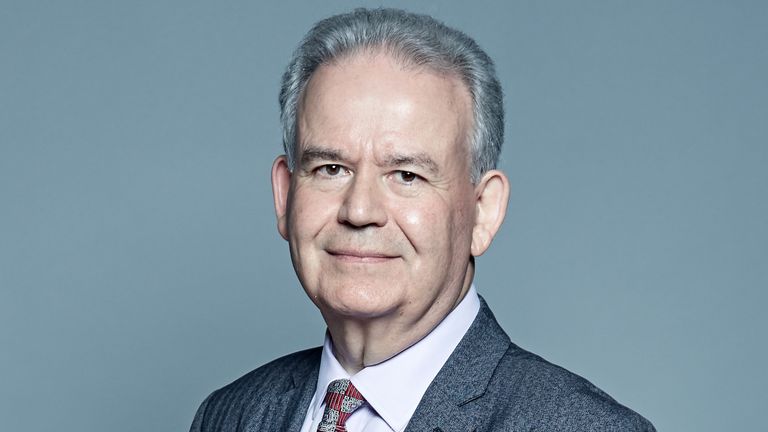Chris Grayling, who was widely tipped to become chairman of the Intelligence and Security Committee before losing to fellow Tory MP Dr Julian Lewis, has resigned from the group.
The former transport secretary, nicknamed “Failing Grayling” for presiding over a series of government mishaps, has written to the man who beat him to the chairmanship of the committee last month to tender his resignation from the ISC.
A statement from the committee said: “The Rt Hon Chris Grayling MP has, in accordance with the Justice and Security Act, written to the Chairman of the Intelligence and Security Committee of Parliament tendering his resignation from the Committee. The Chairman has sent a reply.”
In July, Mr Grayling was was defeated by Dr Lewis in the ballot by using opposition votes to secure a majority in what was seen as a blow to prime minister Boris Johnson and his adviser Dominic Cummings.
Mr Johnson likely assumed given the Tory-majority on the committee, his nominee would be elected by the members.
After being elected head of the body with the backing opposition of MPs, Dr Lewis was expelled from the parliamentary Conservative Party.
In the aftermath of the vote for chairman, he condemned what he called Downing Street’s attempt to impose its “preferred candidate” to lead the committee.
Dr Lewis said in a statement that the 2013 Justice and Security Act explicitly removed the right of the prime minister to choose the ISC chairman and gave it to the committee members.
Downing Street later denied that the government was seeking to “parachute” a preferred candidate in to the chairmanship, insisting it was a matter for the senior parliamentarians on the committee to decide.
The idea that Mr Johnson wanted Mr Grayling to head the committee – which oversees the work of the intelligence agencies MI5, MI6 and GCHQ – came as a surprise to many across the political spectrum due to his limited experience of security matters.

